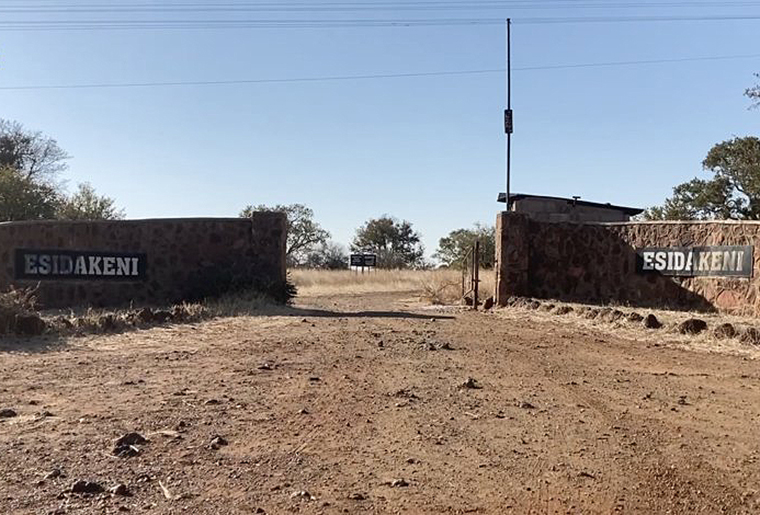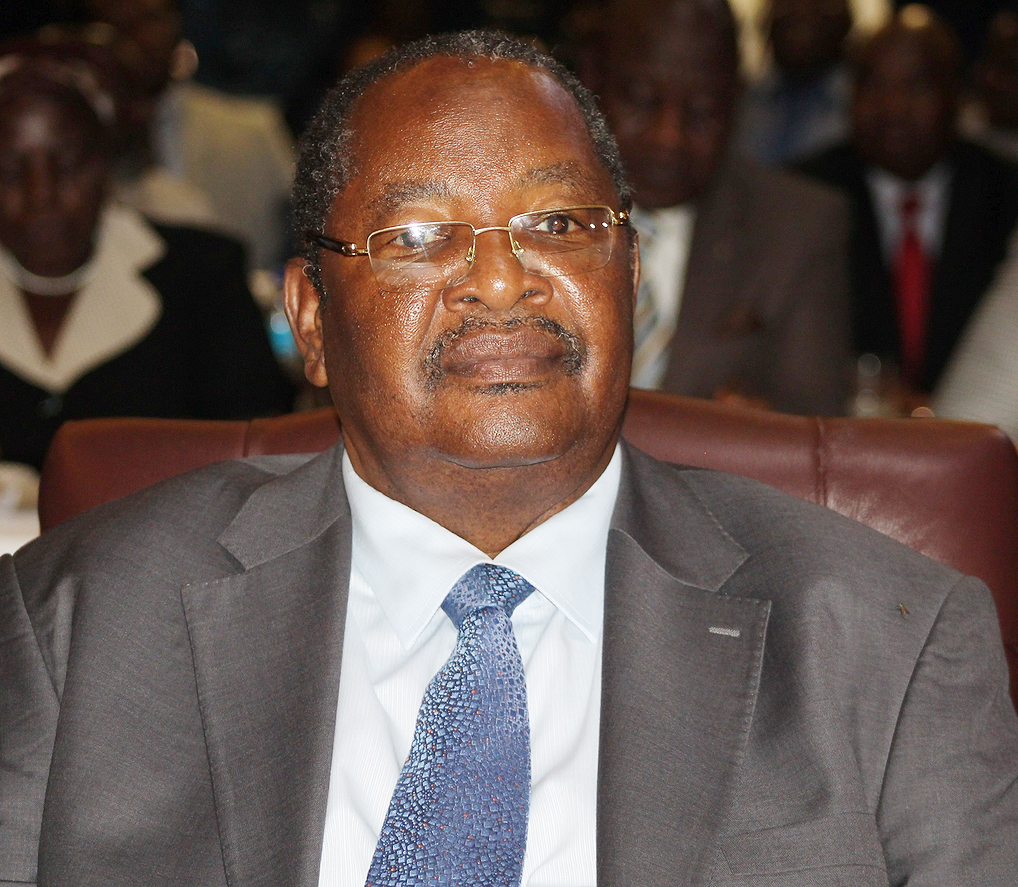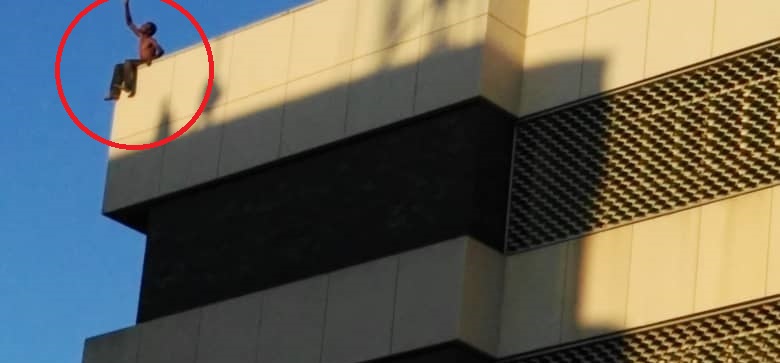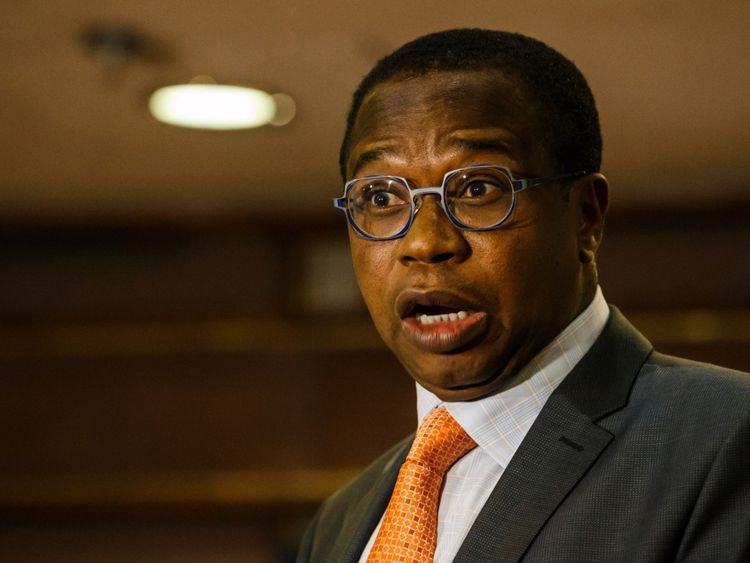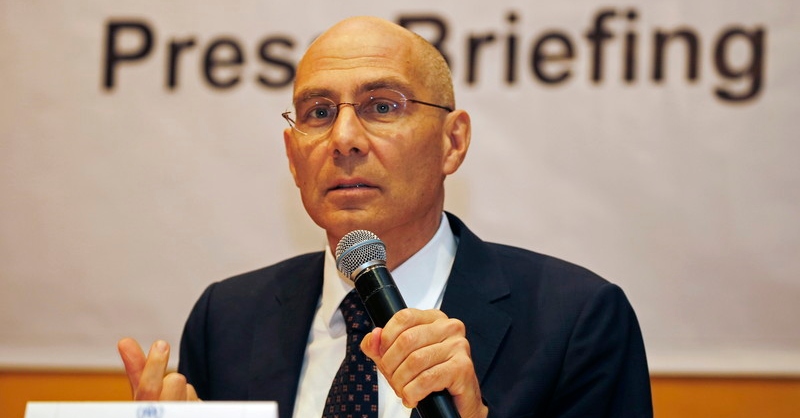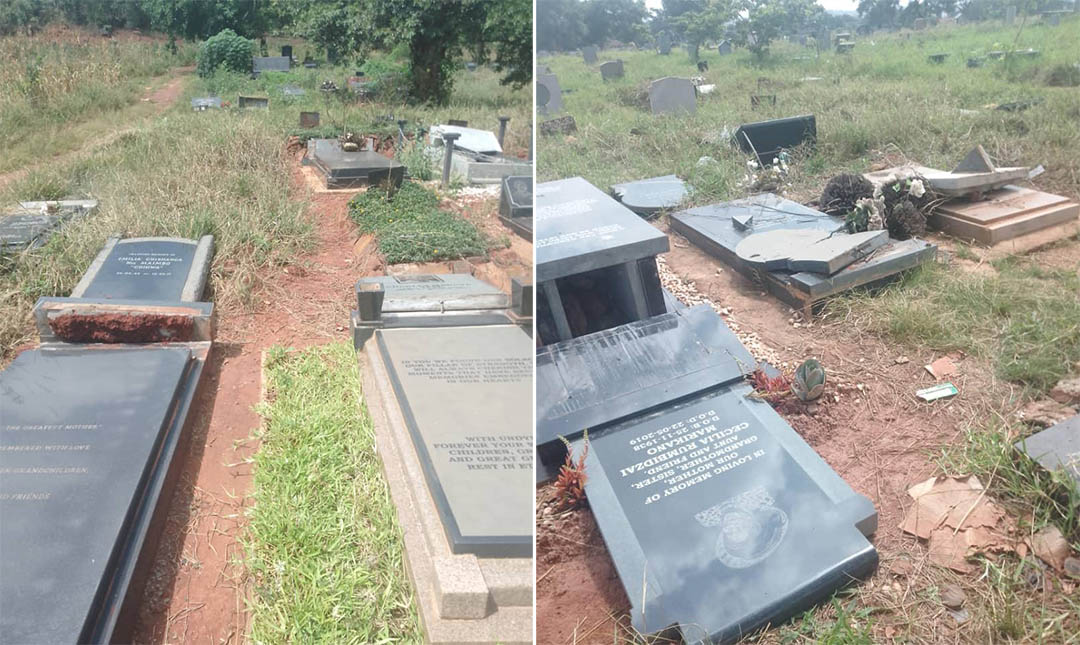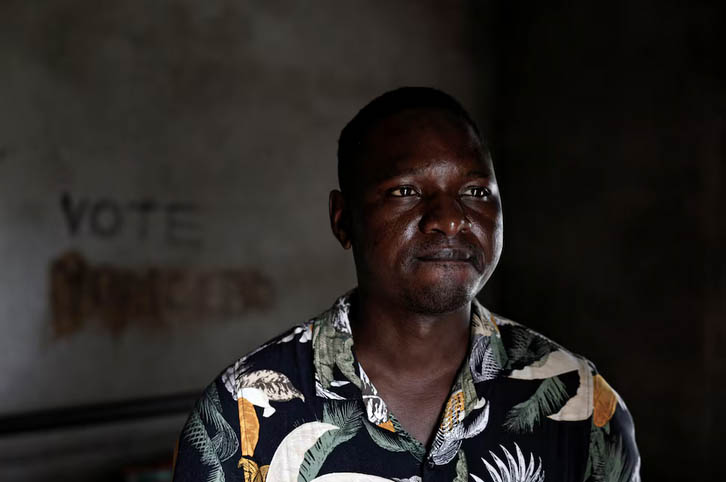BULAWAY0 – A 2012 investigation of the then mines minister Obert Mpofu by a group of investigative journalists from Canada concluded that he was “in the top five landowners in Zimbabwe”, and in Matabeleland “his holdings come second only to the 135,000 hectares owned by the Oppenheimer family.”
With an eye-popping catalogue of real estate in Bulawayo and Victoria Falls, and with total farm holdings of at least 65,000 hectares, “this would place Mpofu amongst the country’s biggest landowners,” said the report by Partnership Africa Canada.
Yet, the 71-year-old Zanu PF secretary for administration is not yet done with his “vulture capitalism” — a money for nothing appropriation of profitable businesses or assets.
The target, this time, is a coveted 554-hectare former dairy farm in Nyamandlovu where Mpofu is attempting to muscle in after getting the government to compulsorily acquire it from its owners – the human rights advocate Siphosami Malunga and his partners, scientist Zephaniah Dhlamini and miner Charles Moyo.
Zimbabwe’s fast track land reform policy empowered the government, through a constitutional amendment, to compulsorily seize land with a vision to resettle landless indigenous people at the expense of 4,000 white farmers who were holding vast tracts of land.
The late former president Robert Mugabe, who championed the land seizures, told officials of his Zanu PF party in 2003: “We won’t allow people to have more than one farm. Those with multiple farms must choose one, and give up the rest to the government for resettlement.”
When Mugabe died in 2019, he and his wife, Grace, had more than one farm – as do many others in Zanu PF who continue their rapacious accumulation.
Without exerting any sweat, equity or risking any financial obligation with a bank, Zanu PF officials and politically exposed elites have built up their wealth from taking over productive farms, equipment and sometimes livestock. Where previously the targets were white farmers, the ruling elites are now laying claim to farms in the hands of fellow blacks, typically those considered to be anti-government.
Recent targets of farm repossession have included Mugabe’s former ministers who were driven into exile by a military coup that ousted him in 2017. They include Saviour Kasukuwere, Mugabe’s nephew Patrick Zhuwao and Jonathan Moyo. Malunga, the executive director of the Open Society Initiative for Southern Africa and son of independence war hero Sydney Malunga, also fits the profile.
Malunga and his partners acquired Esidakeni Farm, reputed to have rich soils and well-known to Mpofu, in 2017 after buying out the former white farmers who owned it through a company, Kershelmar Farms (Private) Limited. As part of its policy not to seize dairy farms, the Zimbabwe government had left it undisturbed until last year when Malunga says in a court filing that the Central Intelligence Organisation’s deputy director Gatsha Mazithulela warned him to stop his criticism of President Emmerson Mnangagwa’s regime or there would be a price to pay.
That price, it is now apparent, was to be the farm. Lands officials said the 554-hectare property will be distributed to 14, presumably landless blacks, after it was listed for compulsory acquisition in December last year.
A June 30, 2021, letter from lands minister Anxious Masuka to a company called Mswelangubo Farm (Private) Limited showed that it had been allocated a disproportionate 145 hectares of Esidakeni. A company registration of Mswelangubo Farm, obtained by ZimLive, shows that the company is owned by Mpofu and his wife, Sikhanyisiwe. They hold equal 50 percent shareholding.
Two other beneficiaries so far identified are Central Intelligence Organisation agent Reason Mpofu, reported to be a nephew of the former minister, and a National University of Science and Technology lecturer, Dumisani Madzivanyati, a friend of the Matabeleland North minister Richard Moyo.
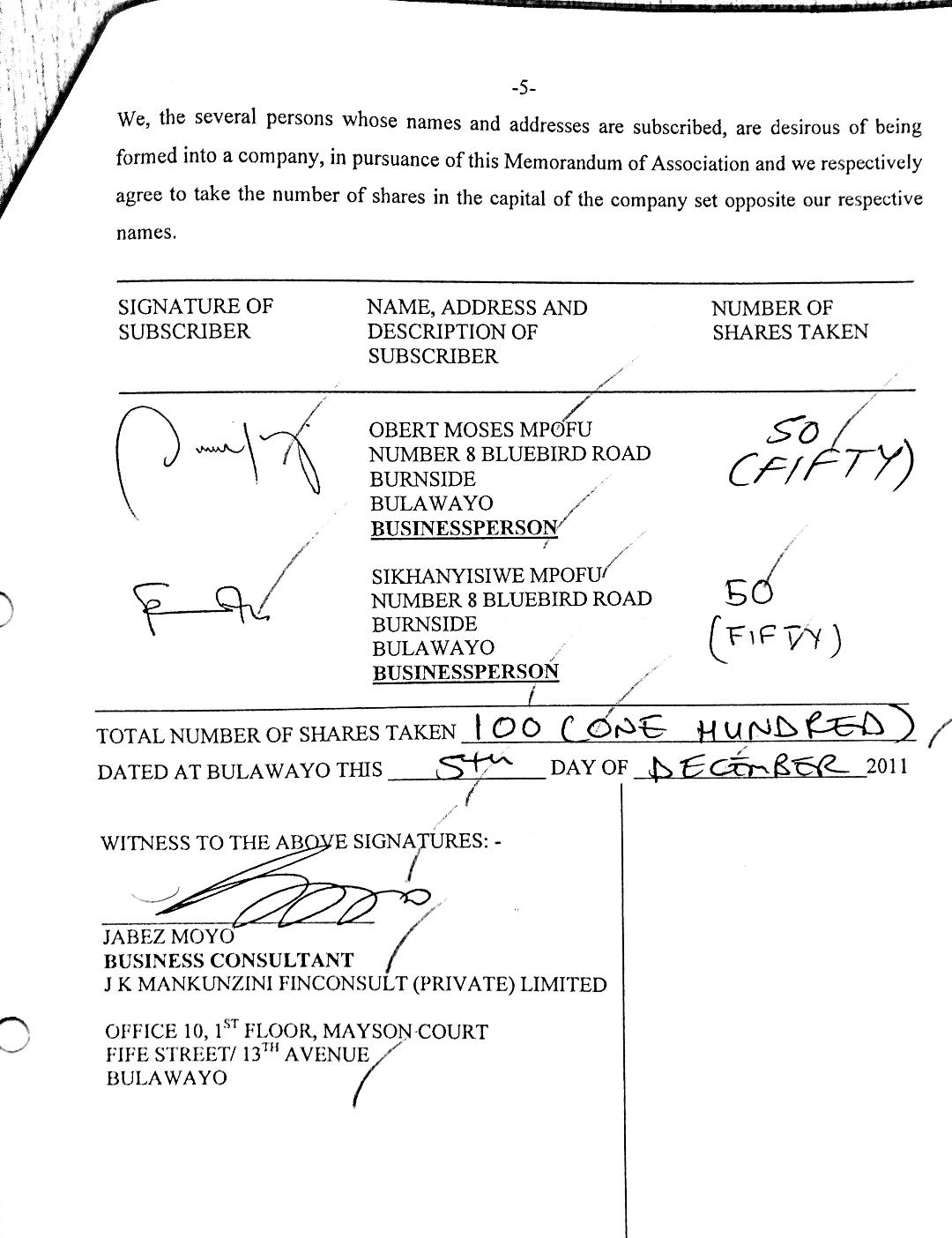
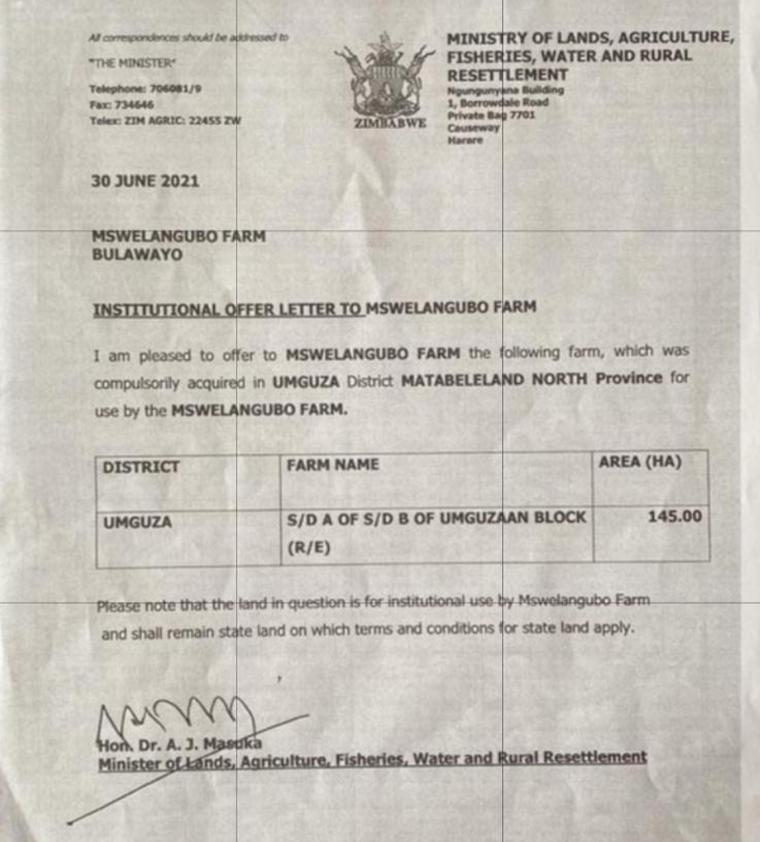
In a High Court application challenging the farm takeover, Malunga and his partners argued: “We are indigenous Zimbabweans. We are black people. The liberation struggle was waged so that we reclaim the land. We, however, purchased this land.”
They argue that the farm was “not acquired for a constitutional purpose but was acquired by a greedy lot bent on abusing state power.”
The trio added: “In terms of the land reform programme, acquired land must be given to landless indigenous Zimbabweans. How can land be taken from indigenous Zimbabweans and be parcelled to other Zimbabweans? Are those so-called beneficiaries more Zimbabwean than us?”
Mpofu is anything but landless. According to the report by Partnership Africa Canada, these are some of his land holdings:
- 100ha, in Epping Forest B section, a part of Accut and Crew, a formerly white owned farm in Nyamandlovu bought for resettlement in 1996. Now referred to as Mswelangubo Farm, it serves as Mpofu’s main residence. The farm also houses several commercial ventures, including a horticulture business, an abattoir and a chicken factory. He was once a promising tobacco farmer, but abandoned the cash-intensive project.
- 10,006ha, North Part, Umguza Block. This is property formerly owned by Cold Storage Commission (CSC) and is known specifically as Blocks 39, 40 and 41.
- 1027ha, Auchenburg Farm, Nyamandlovu. Auchenburg was on a 2005 list of sanctioned farms by the US Treasury Department’s Office for Foreign Asset Control (OFAC).
- Green Haven Farm. Located close to the Umguza River just outside Bulawayo on the Victoria Falls Road, this is a farm Mpofu has reportedly owned for some time and where he keeps most of his herd.
- 3,700ha, Umguza CSC Block.
- 2,300ha, Young Farm, Nyamandlovu. The property was on a 2005 list of sanctioned farms by the US Treasury Department’s Office for Foreign Asset Control (OFAC).
- 8000ha, Horseshoe Ranch, Matetsi. It is believed Mpofu bought this property from Bill Bedford in 2008 for an undisclosed sum. Its hunting and safari operations were once run by Shaun Kearney, a South African.
With the exception of Horseshoe Ranch, Mpofu acquired the rights to control most of this land for free.
Mpofu also controls Winter Block, a 40,000ha section of land next to Umguza Block. A source with an intimate knowledge of the Cold Storage Commission land holdings confirms that this is an entirely separate parcel of land.
Following the land invasions of 2000, Winter Block was largely divided between former vice president Joseph Msika and High Court judge Maphios Cheda. Msika died in 2009 and Cheda maintains only a minimal interest in the area after being awarded another farm in 2008. Since then, Mpofu has primarily used Winter Block to graze his cattle, which he has boasted is the biggest herd in Zimbabwe at an estimated 4,000 beasts.
The terms of the Land Acquisition Act — the legislation responsible for the dispossession of most white-owned land — explicitly limits expropriations to private and commercially held farmland, not state assets. His exclusive use of the land raises several questions, including how Mpofu obtained this government land, and what, if any, rent state coffers receive for its use.
Mpofu declined to comment, stating only: “I cannot comment on matters that are before the courts.”
In the High Court challenge, Malunga and partners say if Mpofu and others are allocated Esidakeni Farm, this would open the floodgates to the dispossession of other black farmers.
Malunga and partners have sunk hundreds of thousands of dollars in Esidakeni, and have drawn up plans to restart the dairy project, according to court papers. They have installed a 100kw transformer to power the farm, which also boasts three boreholes with 20HP pumps. At the time they filed their court application, they had planted 150,000 tomato plants, eight million onion plants and 60,000 butternut plants.
“What is clear is that there are people who are abusing power because they think they can. The court must put an end to this, otherwise it will spill over to other parts of private property. That assuredly has the effect of undermining Zimbabwe as an attractive investment destination,” Malunga, Dhlamini and Moyo told the High Court.
